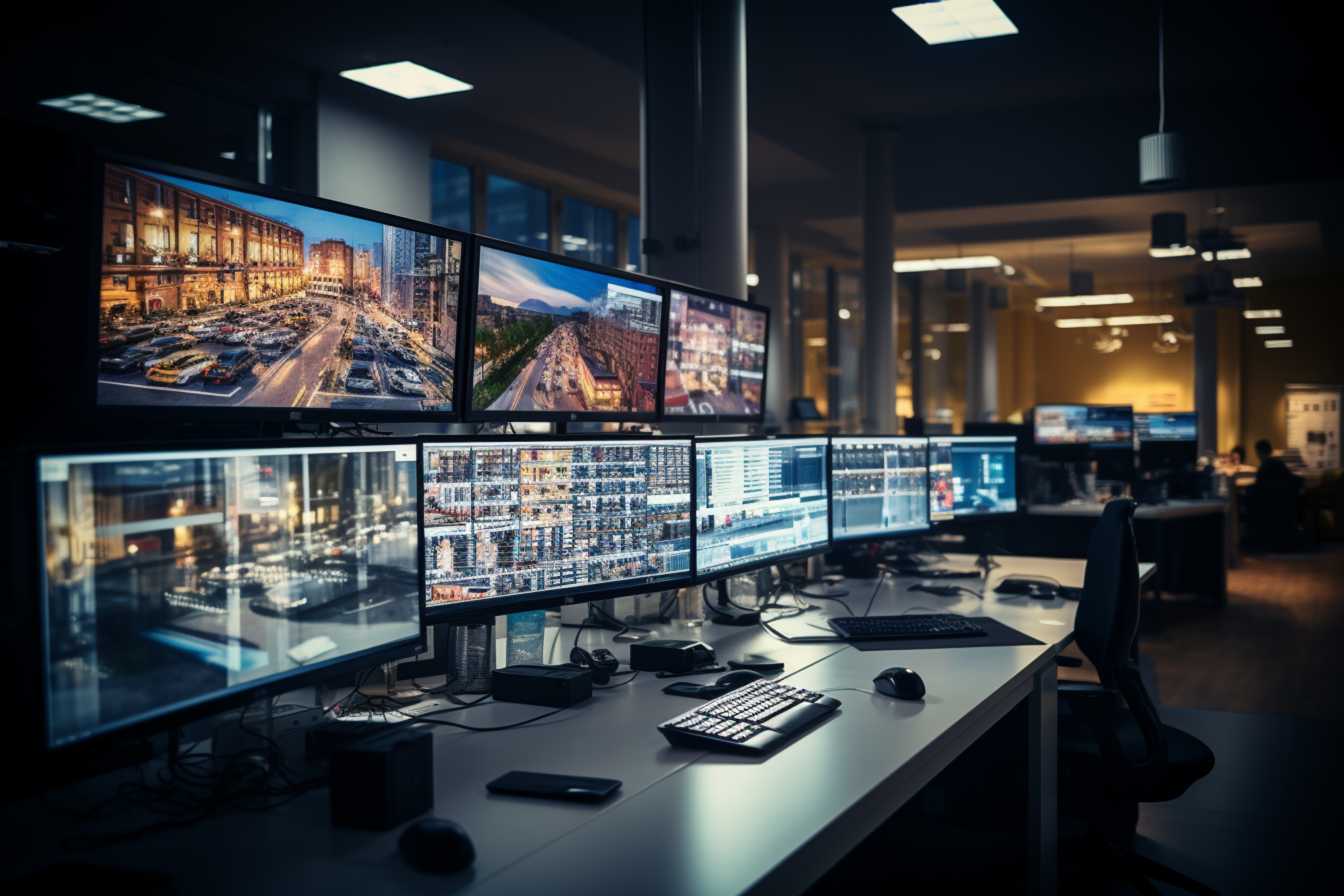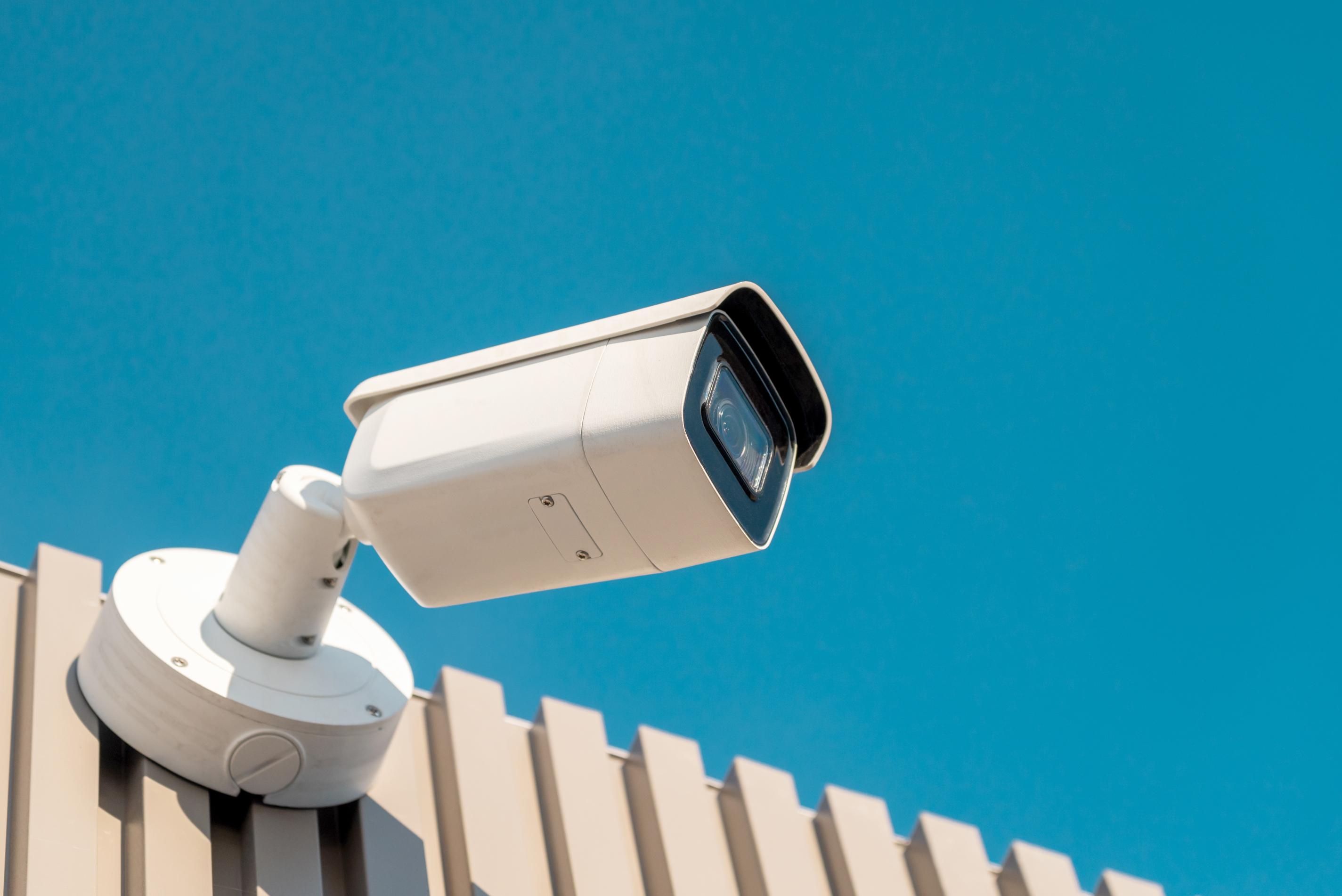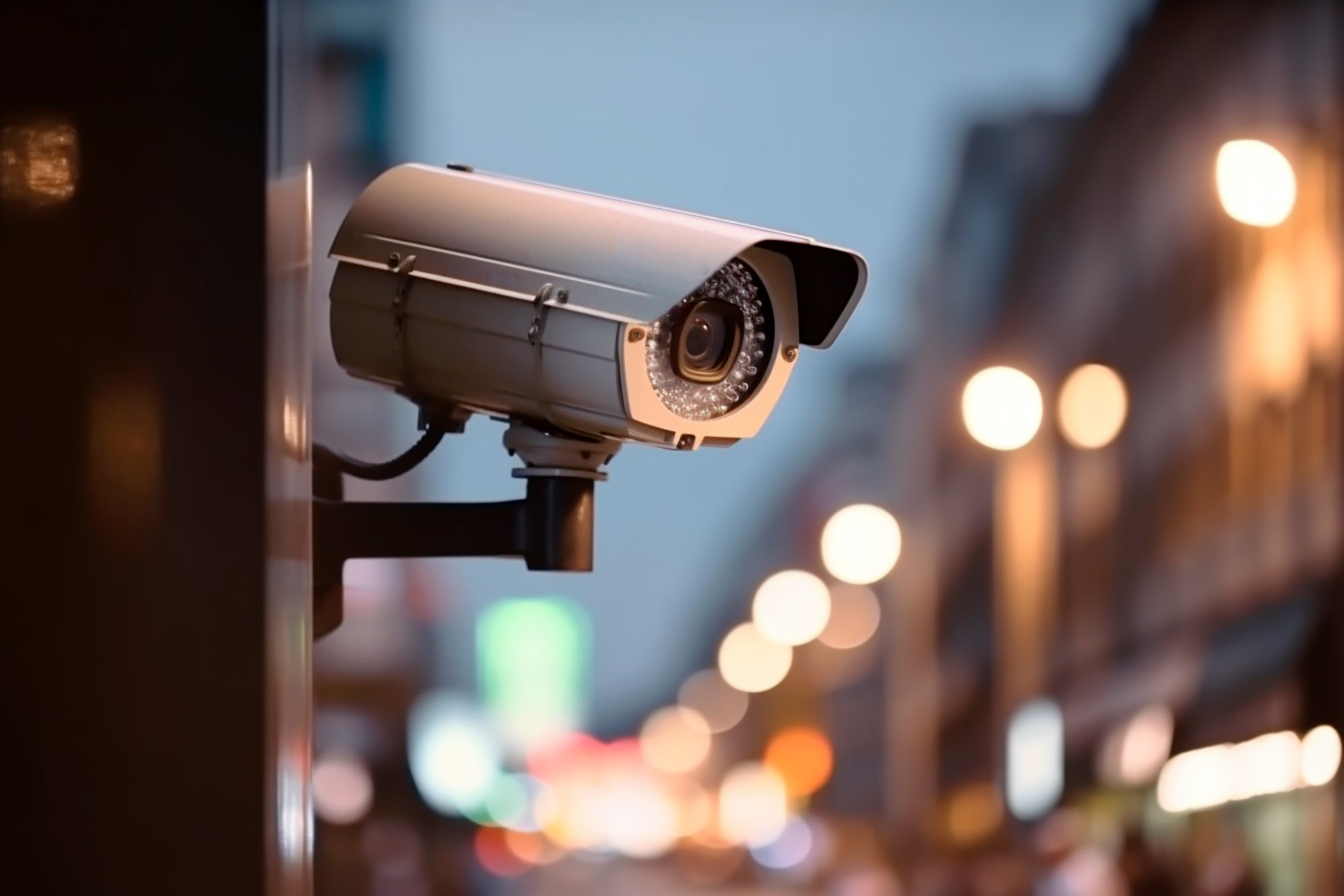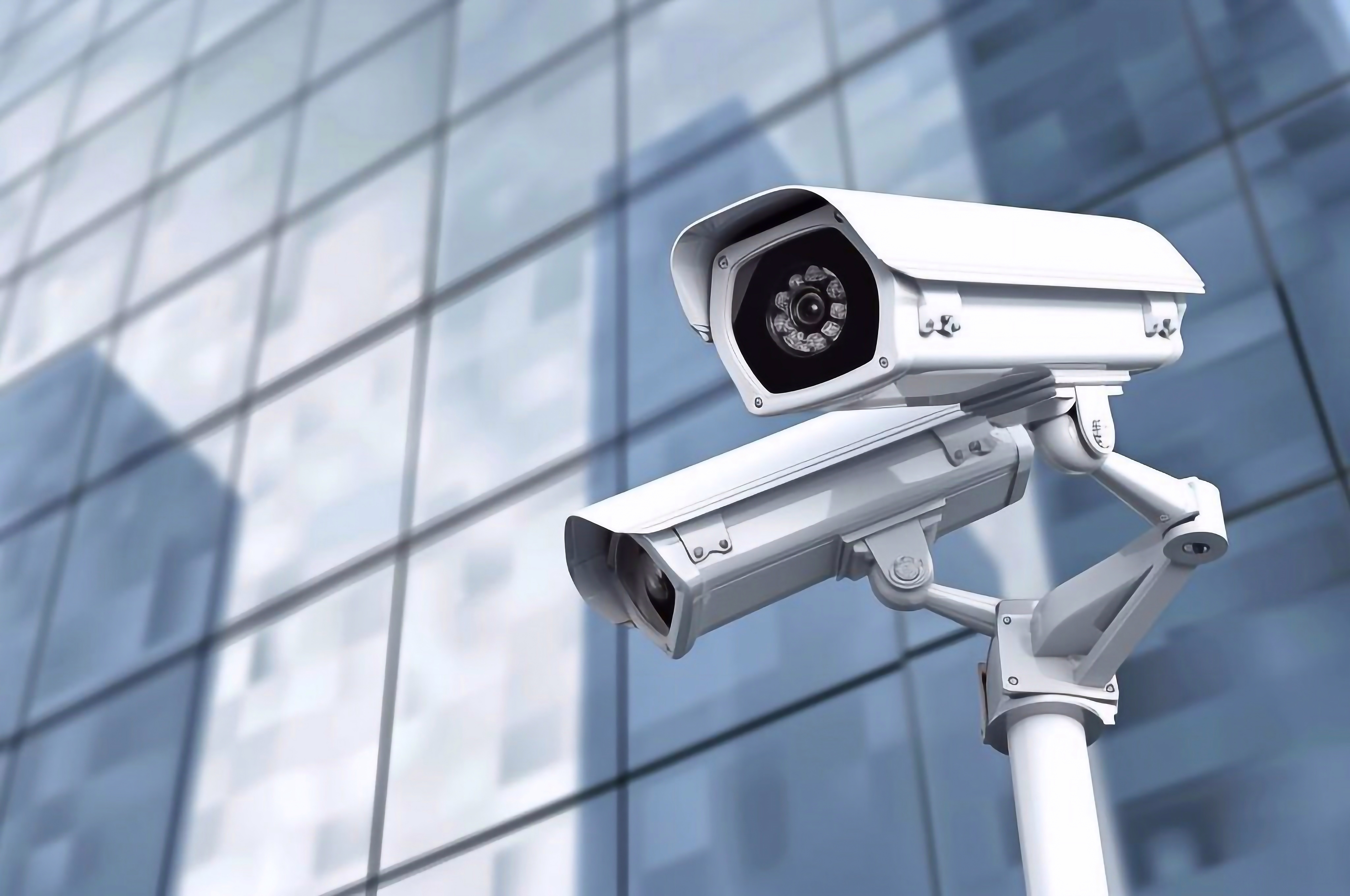
Security is a top priority for both homeowners and businesses, and CCTV camera systems play a crucial role in providing that peace of mind. However, with various options available, selecting the right CCTV system can be a daunting task. Factors like CCTV systems installation, costs, and features need to be carefully considered to ensure you choose the right solution that fits your needs and budget. In this article, we'll compare different CCTV systems, explore their installation requirements, and analyse the associated costs and features.
Types of CCTV Systems
Before we dive into installation and costs, it's important to understand the main types of CCTV systems available in the market. These systems vary in terms of technology, performance, and price, and each comes with its own set of features.
1. Analog CCTV Systems
Analog systems are the traditional type of CCTV and have been around for decades. They transmit video footage to a Digital Video Recorder (DVR) via coaxial cables. Although analog cameras offer lower resolution than modern digital systems, they are still widely used due to their cost-effectiveness.
Pros:
Affordable
Easy to install and maintain
Works well for small premises
Cons:
Lower image resolution compared to digital systems
Limited scalability
Requires extensive cabling
2. IP (Internet Protocol) CCTV Systems
IP CCTV systems are more advanced, transmitting footage over the internet or a local network. These systems offer high-definition video quality, more advanced features, and easier integration with other smart security solutions.
Pros:
High-resolution video (up to 4K)
Wireless options available
Can be accessed remotely via mobile or computer
Scalable and easily integrated with other systems
Cons:
Higher initial costs
More complex installation
Requires a stable internet connection for optimal performance
3. Wireless CCTV Systems
Wireless CCTV systems operate via Wi-Fi, eliminating the need for extensive cabling. They are an ideal choice for properties where cabling is difficult or undesirable. However, they rely on a strong and stable network connection.
Pros:
Easy to install and relocate
No need for cables
Remote viewing and control
Cons:
Dependent on Wi-Fi quality
Potential for interference from other devices
Can be more expensive than analog systems
4. HD CCTV Systems
High-Definition (HD) CCTV systems provide better picture quality than traditional analog systems while using similar infrastructure, making them a popular upgrade option for those with existing analog setups.
Pros:
Better image quality than analog
Compatible with existing coaxial cables
Ideal for upgrading old systems without rewiring
Cons:
Not as advanced as IP systems
Still limited by cable range
Higher cost than standard analog systems
CCTV System Installation: Professional vs. DIY
Once you’ve decided on the type of system, the next important step is installation. Depending on the system's complexity and your technical expertise, you can either install it yourself or hire a professional CCTV camera system installation service. Let's compare these two options.
DIY Installation
Many CCTV systems, particularly wireless ones, are designed for easy self-installation. If you’re handy with technology and have a relatively small area to cover, DIY installation may be a viable option.
Pros:
Cost-effective (no labour fees)
Can be done at your own pace
Full control over camera placement
Cons:
Lack of professional expertise can lead to poor camera placement or system configuration
Potentially time-consuming
No guarantee of legal compliance regarding camera placement and data protection laws


Professional Installation
Hiring professional CCTV systems installers ensures that your system is installed correctly, efficiently, and in compliance with local laws. Professionals are equipped to handle both simple and complex systems, ensuring optimal coverage and functionality.
Pros:
Expertise in camera positioning and installation
Ensures compliance with regulations and privacy laws
Ongoing technical support and maintenance services
Cons:
Higher initial cost due to labour fees
May take longer if scheduling is an issue
Limited control over the installation process unless closely managed
Costs of CCTV System Installation
The cost of CCTV camera system installation varies widely based on several factors, including the type of system, the number of cameras, installation complexity, and whether you choose a DIY or professional service. Below is a breakdown of typical costs associated with CCTV installation.
1. DIY Installation Costs
For those opting for a DIY route, the major cost is the price of the CCTV system itself. Wireless and plug-and-play systems tend to be cheaper and easier to install, with no labour costs involved.
Cost of Cameras:
Basic analog cameras: £20-£100 each
HD analog cameras: £50-£150 each
IP cameras: £100-£500 each
Additional Costs:
Storage devices (DVR/NVR): £100-£300
Cabling (for non-wireless systems): £50-£200 depending on the length and type
Mounting brackets, screws, and other accessories: £10-£50
2. Professional Installation Costs
Professional installation costs depend on several factors, including the type of system, the complexity of the setup, and the installer’s rates. Typically, you can expect to pay the following:
Installation Fee per Camera: £75-£200 (depending on complexity and camera type)
Hourly Labour Rate: £50-£100 (based on location and expertise)
Overall Cost:
Small residential systems (2-4 cameras): £500-£1,500
Larger commercial systems (5-10 cameras): £2,000-£5,000 or more, depending on the complexity and size of the property
Professional installers often offer packages that include system configuration, training, and ongoing support, which may add value compared to DIY installations.

Key Features to Look for in a CCTV System
Whether you choose a DIY installation or hire professionals, the features of your CCTV system will determine its effectiveness. Here are some important features to consider when comparing systems:
1. Resolution
Higher resolution cameras provide clearer images, making it easier to identify people and details. Most modern systems offer at least 1080p, with 4K becoming increasingly popular for those needing ultra-high-definition footage.
2. Night Vision
Night vision is crucial for 24/7 surveillance, allowing cameras to capture clear images in low-light or dark conditions. Infrared (IR) cameras are commonly used for night vision, with the range varying depending on the camera quality.
3. Field of View
The field of view (FOV) refers to how wide the camera can capture footage. Wider FOVs are ideal for covering large areas, reducing the number of cameras needed for full coverage.
4. Motion Detection
Cameras with motion detection capabilities trigger recording only when movement is detected, saving storage space and making it easier to review footage. Advanced systems can distinguish between different types of motion, such as human versus animal movement.
5. Storage Options
CCTV systems can either store footage locally (DVR/NVR) or use cloud storage for remote access. Local storage may be cheaper but can be vulnerable to damage or theft. Cloud storage offers more convenience and security but comes with recurring subscription costs.
6. Remote Access
Most modern systems allow you to access live or recorded footage remotely via smartphones, tablets, or computers. Ensure the system offers user-friendly apps and software for seamless remote monitoring.
Conclusion
When comparing CCTV camera system installation, it’s essential to balance your budget, security needs, and expertise. Analog systems are affordable but offer lower quality, while IP systems provide advanced features like high-resolution video and remote access, making them ideal for both homes and businesses. Deciding between DIY and professional installation also depends on your technical skills and the complexity of the system you choose.
Investing in a high-quality, professionally installed CCTV system may require a larger upfront cost, but it will provide superior performance, legal compliance, and long-term peace of mind. On the other hand, DIY installations can save on initial costs but may come with limitations in terms of system performance and reliability.
Ultimately, understanding your specific security requirements and weighing the pros and cons of each system and installation method will help you make the right decision.